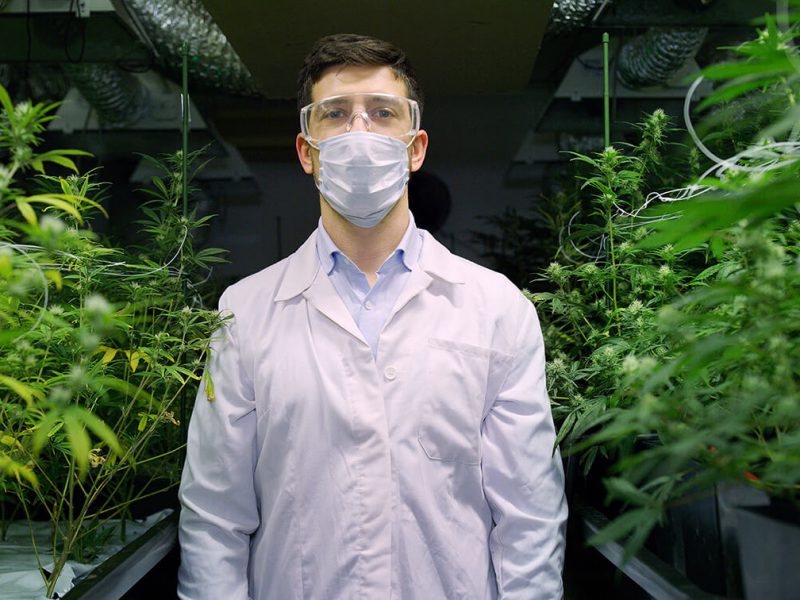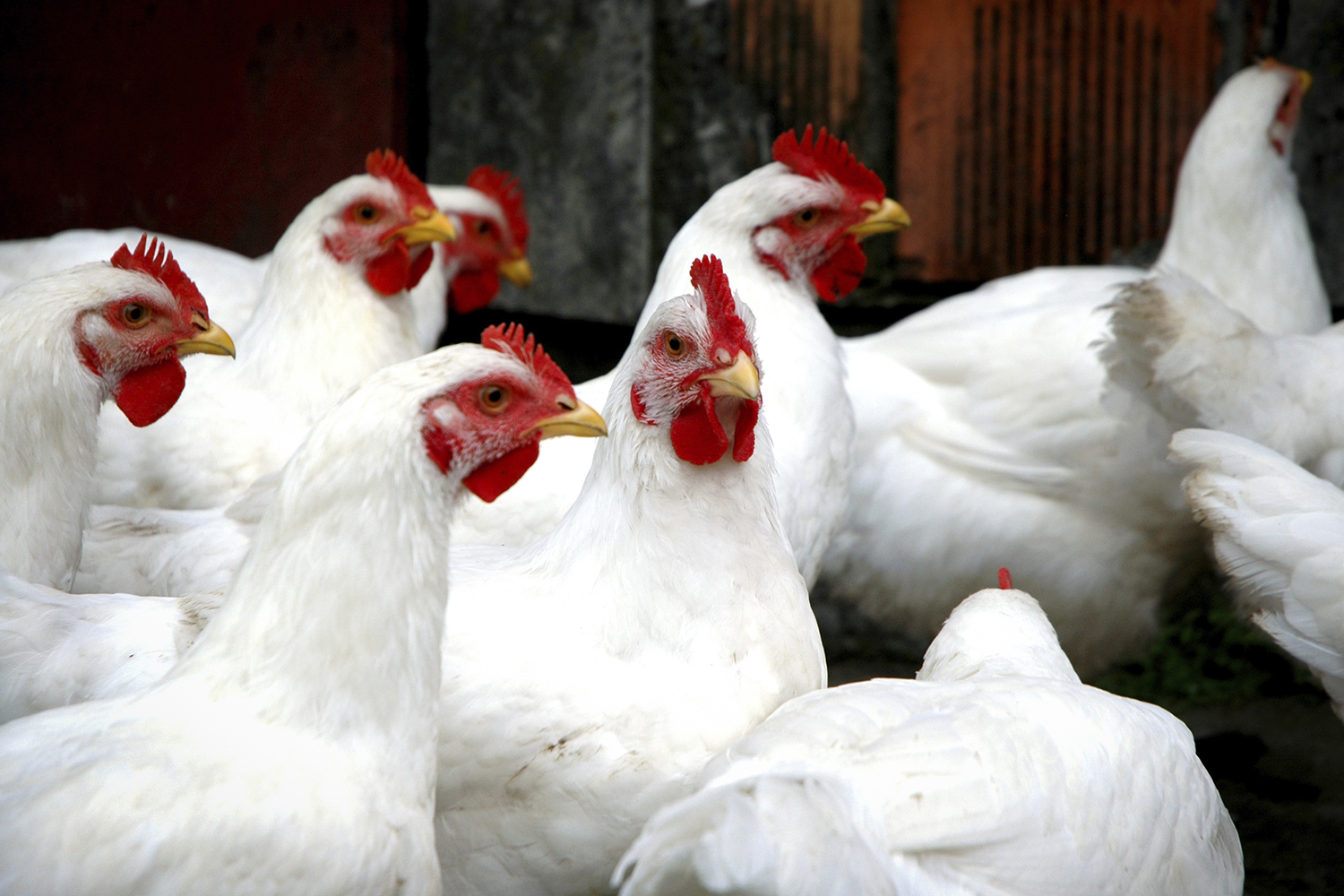Cannabis should be treated just like any other agricultural crop, according to the BC Agriculture Council, which is opposing a bid by Metro Vancouver to regulate odours from pot producers and processors.
Metro Vancouver launched a public consultation in June on the proposed cannabis emissions regulation. The consultation wraps up September 30.
“Cannabis production has the potential to cause negative air quality impacts if emissions are not adequately controlled,” a discussion paper regarding the regulation states. “A number of greenhouses formerly used for vegetable production have been retrofitted for cannabis production, yet were not designed or constructed to collect and treat air contaminants.”
The paper says that Metro Vancouver and its member municipalities have received complaints about odours from cannabis farms. It notes that filters, odour neutralizers, thermal oxidation and ozone generators are control tools at growers’ disposal to manage the smells, which it classifies as volatile organic compounds, or VOCs.
But the BC Agriculture Council points out that right-to-farm legislation doesn’t give municipalities the right to regulate normal farm practices.
“Metro Vancouver has the legitimate authority to regulate air emissions (like VOCs), but it does not have the authority to regulate odour on agricultural lands,” it explains, arguing that odours are being classified as noxious emissions in order to claim control over them.
“BCAC has determined that this issue could establish a precedent for the entire agriculture industry,” it says.
To avoid this, it says that cannabis production should be regulated in the same way as every other crop, and that means referring concerns about farm practices to the Farm Industry Review Board.
Odour from cannabis production has been a lingering question, when media questioned BC agriculture minister Lana Popham on the matter. She said the concerns around cannabis fit right in with concerns regarding other odours.
“There’s always going to be a conflict between agriculture and development living side by side. I think over the past seven years or so there’s been more of an understanding as consumers are embracing our local food movement, and where our food comes from,” she said. “As the cannabis industry grows, we are going to have to deal with that.”
However, she has recused herself from the cannabis file because her partner, physician Rob Sealey, issues prescriptions for medicinal cannabis (her recusal covers recreational cannabis as well).
Yet her ministry needs to take note of what Metro Vancouver is doing, in the interests of all farmers.
“The provincial government must stand up to Metro Vancouver and support BC farmers and ranchers,” BCAC says.


 Where’s the beef?
Where’s the beef?